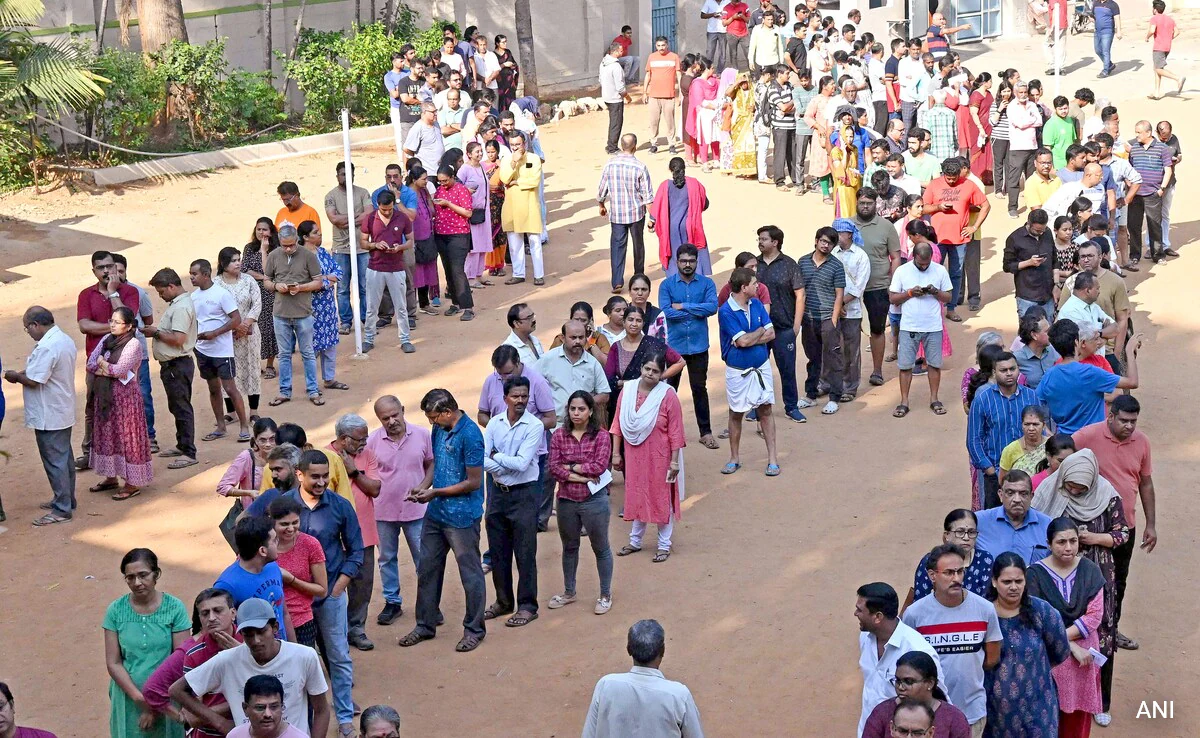Phase 2 of the Lok Sabha elections witnessed a robust voter turnout, with over 63% of eligible voters exercising their democratic right across various constituencies. This crucial phase of polling saw 1,202 candidates, comprising a diverse mix of 1,098 male, 102 female, and two transgender contestants, competing for seats in the lower house of the Indian parliament.
Despite widespread participation, some areas experienced electoral boycotts, highlighting local grievances and challenges. Villages in Uttar Pradesh’s Mathura, Rajasthan’s Banswara, and Maharashtra’s Parbhani witnessed voter boycotts, underscoring underlying issues within these communities.
However, amidst these challenges, significant milestones were achieved. Notably, Bru voters from Tripura participated in the electoral process for the first time, marking a historic moment in India’s democratic journey.
Phase 2 polling spanned multiple states, including Kerala, Karnataka, Rajasthan, Maharashtra, Uttar Pradesh, Madhya Pradesh, Assam, Bihar, Chhattisgarh, West Bengal, Manipur, Tripura, and Jammu and Kashmir. Each state contributed to shaping the electoral landscape, with voters casting their ballots to determine the future leadership of the nation.
The electoral process faced unforeseen circumstances, such as the unfortunate demise of Bahujan Samaj Party candidate Ashok Balawi in Madhya Pradesh’s Betul constituency. Consequently, polling in Betul, originally scheduled for April 26, was rescheduled to the third phase on May 7, demonstrating the adaptability and resilience of India’s electoral machinery.
As the nation awaits the results of Phase 2 polling, the democratic spirit of millions of voters resonates, underscoring the significance of citizen participation in shaping India’s democratic fabric. With each phase of the Lok Sabha elections, the nation moves closer to selecting its representatives, embodying the essence of democracy and civic engagement.






